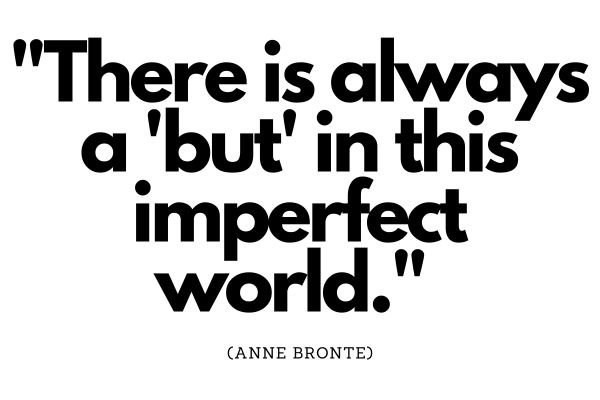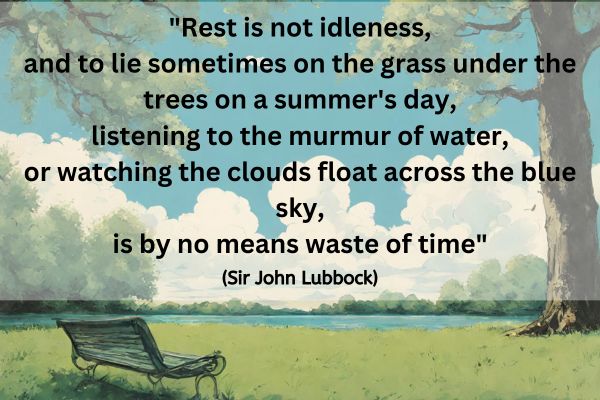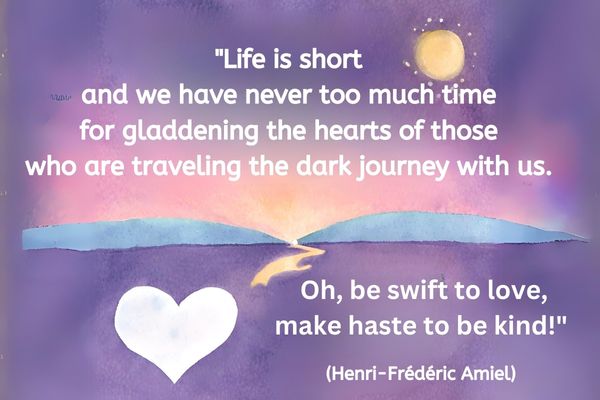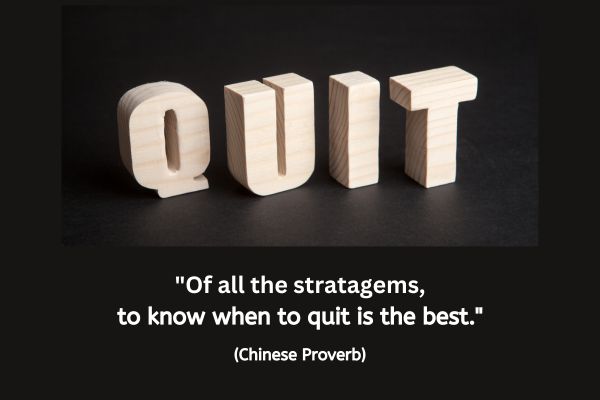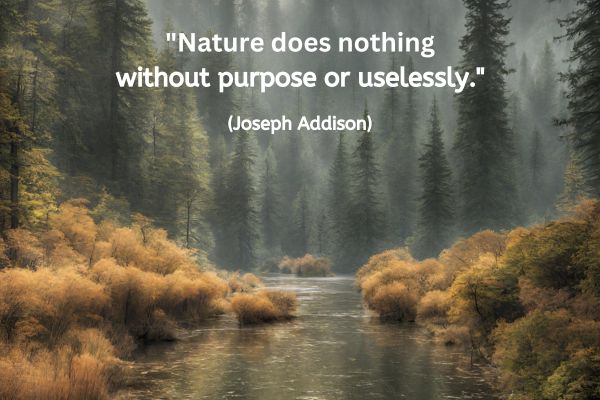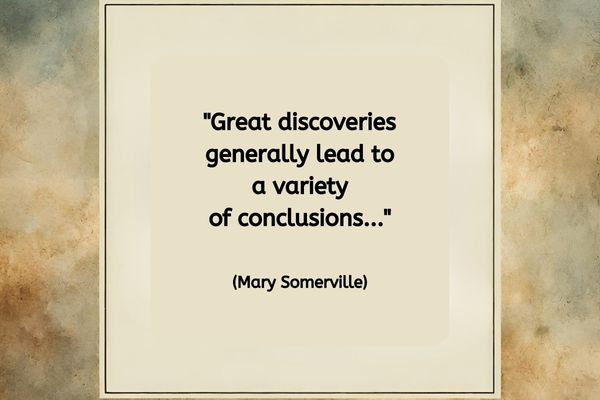Random Acts of Kindness: A Reflection for Coaches
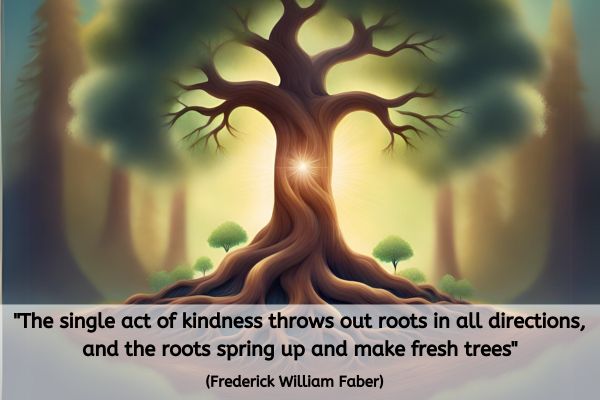
Today marks Random Acts of Kindness Day, a perfect opportunity to reflect on the profound impact of kindness in our lives and those around us. As we “celebrate” this day, here’s today’s quote:
“The single act of kindness throws out roots in all directions, and the roots spring up and make fresh trees.” (Frederick William Fabe)
This quote beautifully captures the essence of kindness – its ability to spread far and wide, touching lives in ways we may never fully comprehend. It reminds us that even the smallest act of kindness can create a ripple effect, planting seeds of positivity and hope wherever it goes.
For me, this quote serves as an invitation to pause and reflect on the power of a single act of kindness. It prompts us to consider how we can incorporate kindness not only into our personal lives but also within our professional circles and, perhaps most importantly, towards ourselves.
So, I invite you to ponder the following questions:
1️⃣ In your business: What random act of kindness could you extend to your clients, colleagues, or partners? It could be as simple as sending a thoughtful note of appreciation or offering a helping hand to someone in need.
2️⃣ For those around you: How can you brighten someone else’s day with a random act of kindness? Whether it’s a friendly smile, a listening ear, or a small gesture of support, your kindness has the power to uplift and inspire those around you.
3️⃣ For yourself: In the midst of your busy schedule and responsibilities, how can you show yourself kindness and compassion? It could be carving out time for self-care, practicing gratitude, or simply acknowledging and celebrating your own accomplishments and strengths.
Take a moment to notice what arises as you reflect on these questions. Perhaps you’ll uncover a new opportunity to spread kindness or discover a deeper appreciation for the kindness already present in your life.
While the invitation is simply to reflect, if you feel called to take action on any of your answers, I encourage you to do so. Let us seize this day as an opportunity to sow seeds of kindness and compassion, knowing that even the smallest gesture can make a world of difference.
Have a wonderful Random Acts of Kindness Day, and please feel free to share your reflections in the comments below.
About Jen Waller

Jen Waller is on a mission to support, nurture and encourage coaching skills and talents from non-coach to coach and beyond.
As an experienced coach and trainer Jen is happy to utilise all skills at her disposal to assist clients from getting out of their own way and making a difference in the world with their coaching. Find out more about the support Jen offers here.
